Who is a film producer and what does he do?
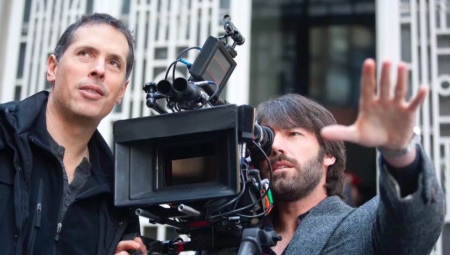
In fact, a producer is a highly professional, under whose leadership the success of a film project is fully resolved. To interest a knowledgeable producer in a project means to solve the problem by more than half. Let's take a closer look at who a film producer is and what he does.
Peculiarities
The profession of producer appeared in 1910 in American Hollywood. By that time, the "Dream Factory" was already a powerful industry. However, for a successful film business, it is necessary to invest money, organize, improve technology, do mass shooting, negotiate with talented actors and others. This is how the need arose for a specialist who would have the skills of a merchant, who was fluent in art. In other words, it would harmoniously combine the creative inclinations and inclinations of a business person in business.
Television has become a significant impetus to the emergence of the profession. After all, the position of a TV producer is not much different from that of a film producer, except perhaps a product of labor. The emerging online industry also requires good organizers and project managers.
In Russia, the first discoverers of this profession were, perhaps, V. Nemirovich-Danchenko (the author of the idea of a new theater), as well as the "locomotive of art" S. Diaghilev, who organized the famous "Russian Seasons" in Paris.
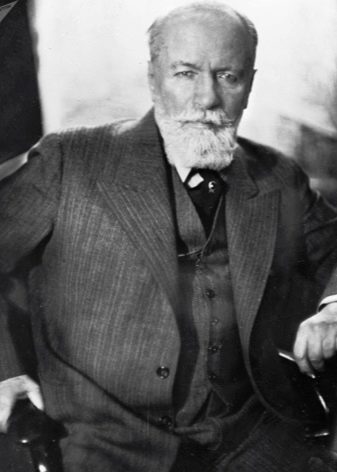
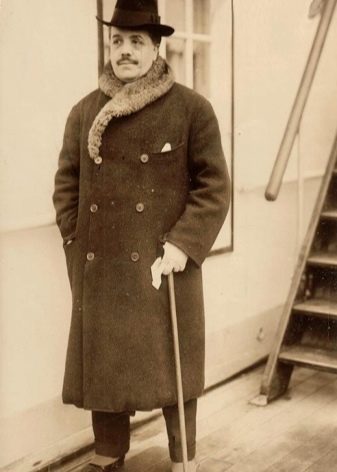
A film producer, in his ideal version, is the embodiment of ideological, artistic and organizational and financial control over the production of a film. If we speak figuratively, but precisely about what a producer does in practice in film or on television, it is possible, referring to the opinion of experienced workers in this field, to reveal the essence of this work. First of all, you need to do the following:
- identify your weaknesses and fill them with more capable people;
- forget about your EGO, for example, if you are not strong in mathematics, then find a stronger one, if there are weak points in speeches - attract a competent speaker, if things are not good with creativity - find competent specialists;
- the main task is to select a real team of specialists for the goal, which will be able to solve it millions of times better, with better quality than one person; such use of the synergy effect is a sure way to success!
The profession requires high leadership qualities, commercial abilities many times more than creative inclinations. Nevertheless, some individuals successfully combine production, director and even acting roles. Such generalists are very rare.
Among them, the brightest are the stars: S. Spielberg, K. Tarantino, R. Zemeckis, N. Mikhalkov, F. Bondarchuk.
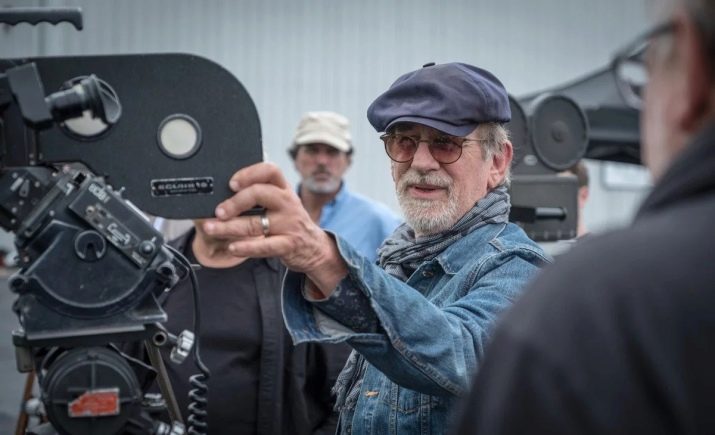
Responsibilities
A producer is a thinking organizer who acts as the person responsible for the content of the film, its budget, and the timing of the project. He is also engaged in further "promotion" of the film, successfully interacting with studios and cinemas, as well as managing hundreds of employees. His main responsibilities are conditionally divided into three production stages, such as:
- preproduction;
- production itself;
- post-production.
The target responsibilities of the first phase are as follows:
- determine the content and meaning of the project;
- provide the budgetary side of the project;
- decide on the candidacy of the director and other members of the team;
- organize a casting, together with the director, review the cast (sometimes this is done by the director himself, if he is a professional);
- determine the locations of filming and make adjustments to the budgetary part of the project;
- determine with the operator the details of the work and special effects;
- carry out the required lease;
- create a filming schedule;
- develop a detailed action plan for the implementation of the project.
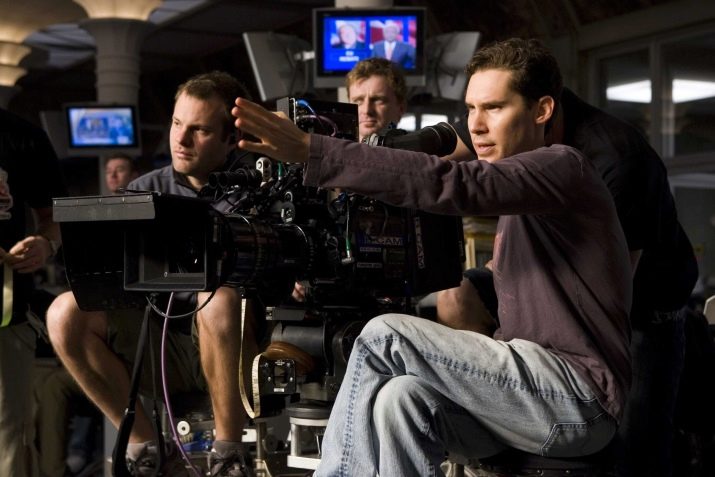
At the second stage, you need to do the following:
- help the director with sensible and fresh creative suggestions;
- solve pressing problematic aspects with the cast and the team as a whole;
- regularly review finished materials.
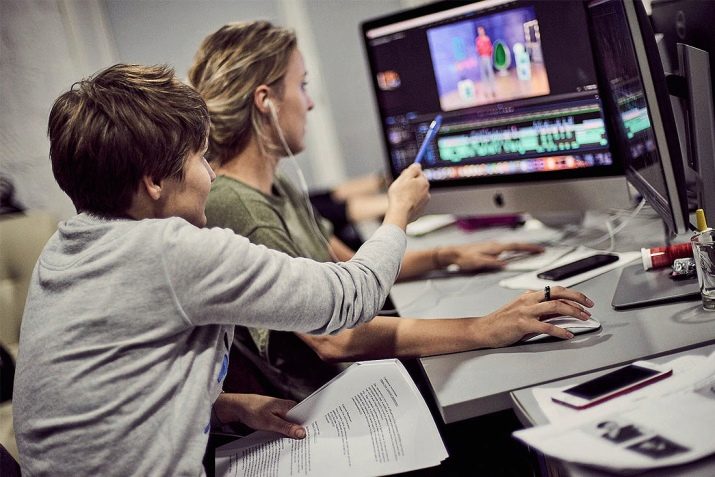
During post-production, the following should be done:
- conduct a discussion with the director about the choice of scenes;
- viewing finished parts of the film after correcting them;
- in some cases, making adjustments to the project - deleting or adding individual scenes, creating the final cut;
- conducting business negotiations with distributors to ensure distribution of film screenings;
- launching, together with distributors, advertising campaigns for the project.
Important! The specified position is a leading one. It hires people with higher vocational education, with the qualification "Film and Television Production" and work experience in this area for at least 3 years.
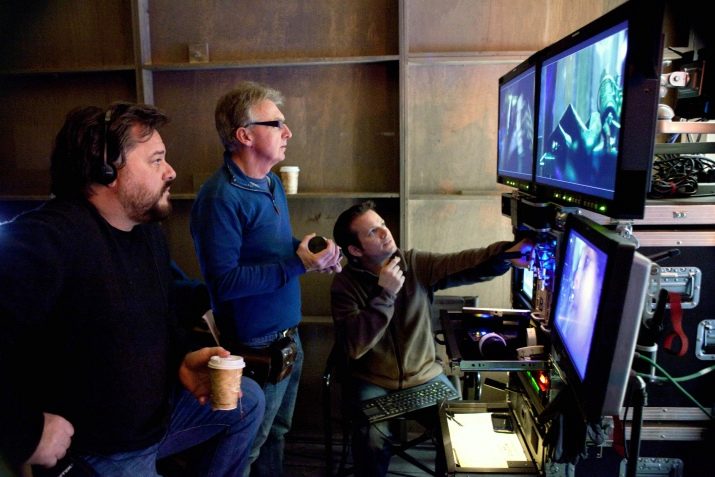
The functions are as follows:
- providing expert discussion of the project, tactics of its implementation, conceptual elaboration of the scenario;
- management of the course of its implementation.
In accordance with the position, it is necessary to do the following:
- to work out with the authors of the project or attracted from outside specialists the artistic outline of the product;
- evaluate and approve the scenario plan;
- search for the necessary resources and control their consumption;
- create a team by selecting specialists and organizing its well-coordinated activities;
- prepare filming and editing of the film;
- control the level of compliance of the filming material with the previously thought out conceptual line of the film and the approved script;
- participate in the acceptance of the finished material;
- organize events aimed at studying the market, creating materials to promote the film on it;
- within the limits of the existing rights, to resolve the issues of delegating certain functions to other employees to perform certain tasks;
- ensure control over the observance of norms in the field of copyright and other rights.
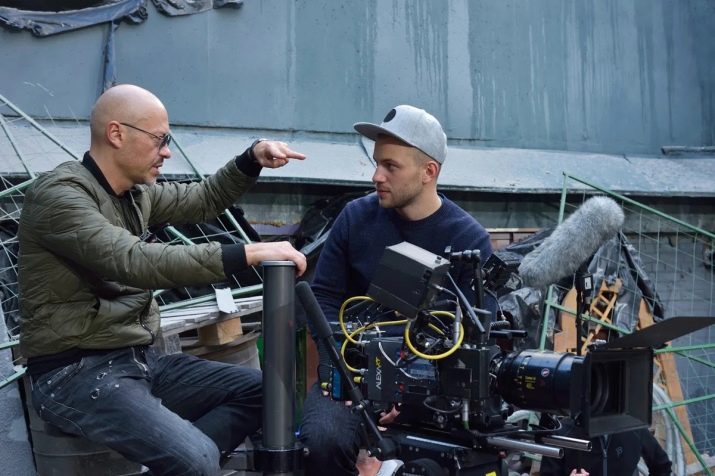
The producer has the right to do the following:
- take part in discussions of the future picture;
- to endorse the documentation corresponding to its status;
- organize and hold meetings on organizational issues;
- send inquiries and receive responses from structural units about current production aspects;
- carry out verification activities on aspects of high-quality and timely implementation of instructions;
- to suspend the conduct of work upon detection of violations of the accepted requirements, non-compliance with the rules and regulations;
- give orders to eliminate shortcomings and violations;
- demand from the management staff measures to assist in the performance of their duties and rights.
The producer can be held liable in the following cases:
- for improper fulfillment or failure to fulfill their direct duties on the basis of the provisions stipulated by the TK RF;
- for committed offenses, damage in accordance with the legislation of the Russian Federation.

Knowledge and skills
The producer must know the following:
- laws and regulatory framework, acts of the Russian Federation in the relevant field of activity;
- structural structure of the organization;
- methodical and normative documentation on the issues of filmmaking;
- rules and technological aspects of cinematography;
- master the theoretical foundations of directing, cinematography and sound design;
- filming technologies;
- main styles and trends in the development of world cinema;
- market mechanisms;
- the procedure for conducting contractual practice;
- techniques, methods and styles in personnel management;
- legislative acts on copyright and other associated rights;
- basic knowledge of the basics of TK;
- regulations on labor protection, safety, sanitary control and fire-fighting measures.
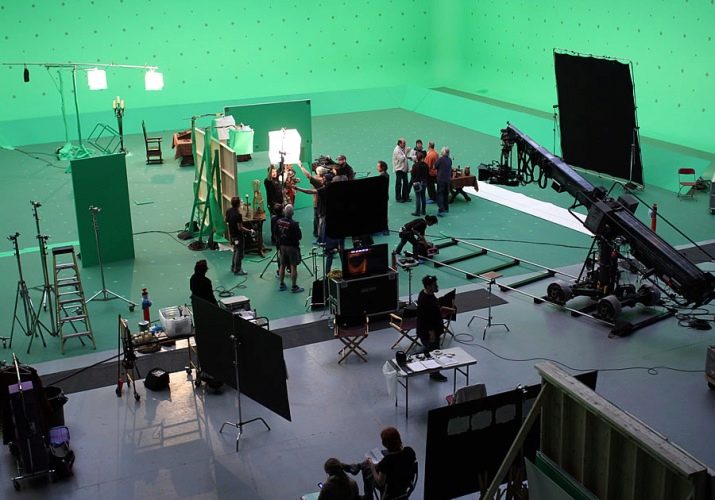
Education
To obtain an education, one should enter the specialty "production" or related areas (project management, management, and so on). We will indicate a number of state institutions where such an opportunity is provided:
- Belgorod Institute of Arts and Culture (department of directing, acting and choreography);
- Tyumen Institute of Culture (department of social and cultural technologies);
- Oryol Institute of Culture (department of social and cultural activities);
- Khabarovsk Institute of Culture (Department of Arts and Sociocultural Activities);
- Moscow Institute of Culture (departments: state cultural policy, media communications and audiovisual arts);
- All-Russian Institute of Cinematography. S. Gerasimova (production department);
- St. Petersburg Institute of Cinema and Television (Screen Arts Department);
- Krasnodar Institute of Culture (broadcasting department);
- Ostankino Institute of Television and Radio Broadcasting.
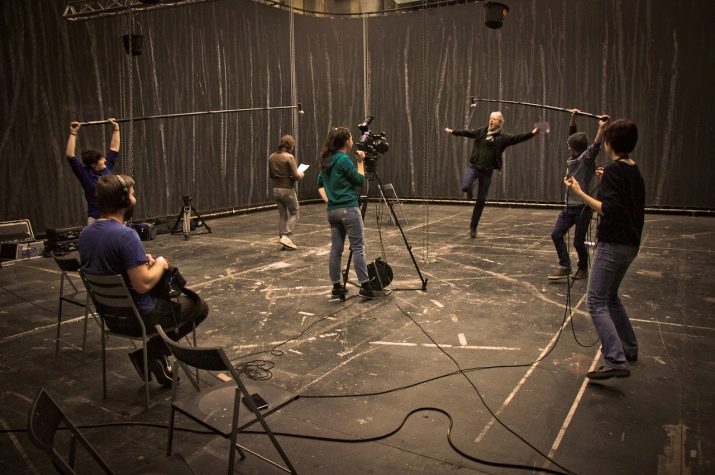
The corresponding departments are functioning:
- at the Institute of Film and Television (GITR);
- at the Russian Academy of Music. Gnesins;
- at the Russian Institute of Theater Arts (GITIS);
- at the Russian Institute of Performing Arts.
Upon admission, the following are taken: Unified State Exam in the Russian language, literature, sometimes universities conduct exams in social studies or in history, a foreign language.
Professional or creative tests (interviews, oral presentation of work, etc.) can be carried out.

Place of work
Producers usually work in film studios, television stations, or production centers. Independent activities are not prohibited. The key to success is constant and hard work. A career usually begins with the position of an assistant administrator (for example, on a TV channel), with the proper perseverance and zeal, you can reach the executive or main producer of the project.



